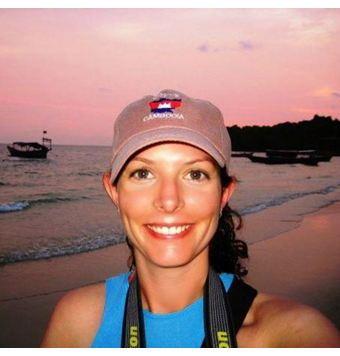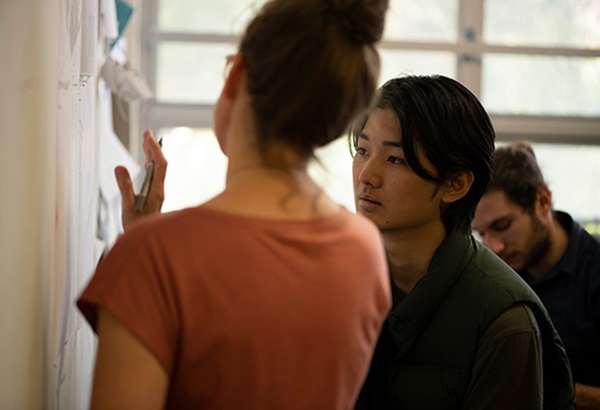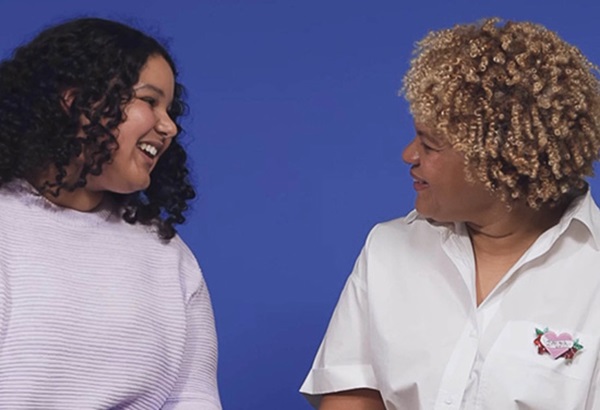Charlotte Birkmanis has been fascinated with sharks from a young age. Her love of the ocean and its inhabitants meant it was only natural she would make the sea’s most infamous predator the focus of her research.
Having travelled around the world to present and work with sharks after completing undergraduate studies in Queensland, Charlotte realised a research degree was the next logical move to find out more about sharks and their oceanic environment.
“I knew that to answer the questions I had and to uncover more of the secrets of our oceans, a research degree was the next step for me,” she says.
“We still have so much to learn about our oceans and the 500+ species of sharks that live in them.”
Taking up a PhD at UWA to study marine predator ecology and behaviour was an easy decision for Charlotte, given UWA houses the renowned Oceans Institute, a hub devoted to addressing key ocean challenges and fostering world-leading and collaborative marine research.
For Charlotte, her PhD is focused on studying the oceanic sharks that we know little about, how they use their habitat, researching the impacts of predator removal and communicating this to the public.
“My research focuses on where sharks like to live, why they are there and how their numbers are changing over time,” she says.
“Unfortunately, predators tend to be so misunderstood and we don’t fully understand the complex ecosystems they live in – especially when they live underwater and we can only peek at what is going on for relatively short amounts of time.”
“Predators are fascinating and contrary to what you see on National Geographic documentaries, their intended meal often escapes. Sharks help regulate our marine ecosystems and we are discovering how entire ecosystems can change when you remove one part of the food web, especially if the apex predator is removed.”
The best part of a research degree, according to Charlotte, is the fieldwork. Studying the ocean’s predators calls for plenty of time spent outside the classroom in the middle of the Indian Ocean.

“For my PhD, I spent more than three months in the field; a lot of this time at sea both in the middle of the Indian Ocean and closer to shore off Ningaloo here in WA, tagging sharks and fish, diving and filming them, along with taking samples to find out information about their genetics and diet,” she says.
Having been awarded a Robson and Robertson Award thanks to the generous support of the Jock Clough Marine Foundation, Charlotte is also able to travel to present her research both at conferences and to the community.
“I think it is so important for researchers to communicate our work and the latest scientific findings to the public. We also need to be visible as scientists to encourage the younger generation to pursue science too.”
Soon, Charlotte will head off to Cambridge to work with the BBC on its award-winning show The Naked Scientists. Thanks to the support of UWA, Charlotte will refine her science communication skills on one of the world’s most popular podcast and radio science shows.
“This is an absolute dream come true…if it wasn’t for UWA covering the costs and my stipend, this definitely would have been out of reach for me, like many others. I can’t wait to do this next year – I’ll be sure to let you know what I learn.”
For more information on Charlotte’s research, visit her research profile, follow her on Twitter and Instagram @CharlotteBirky or check out her website.







